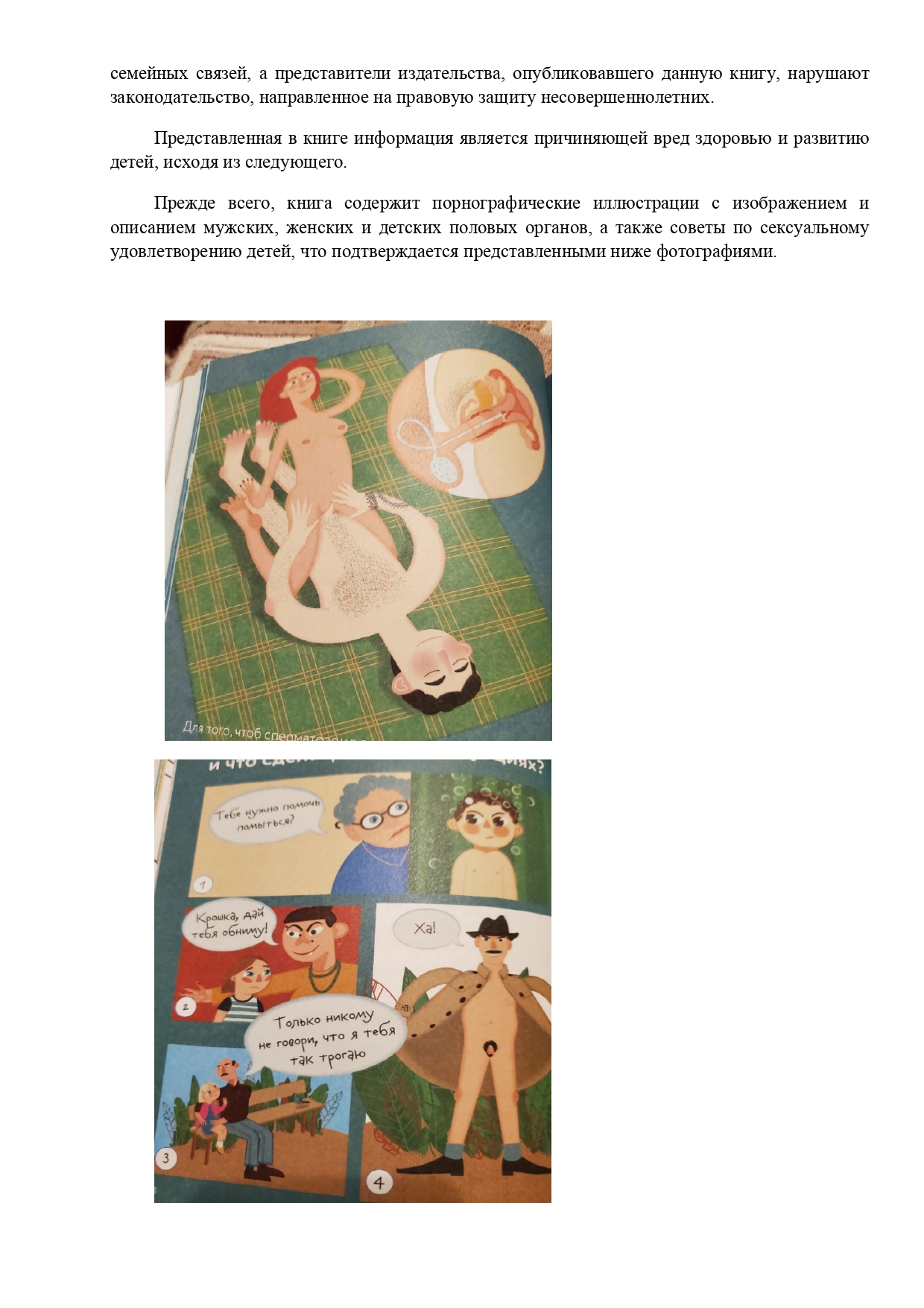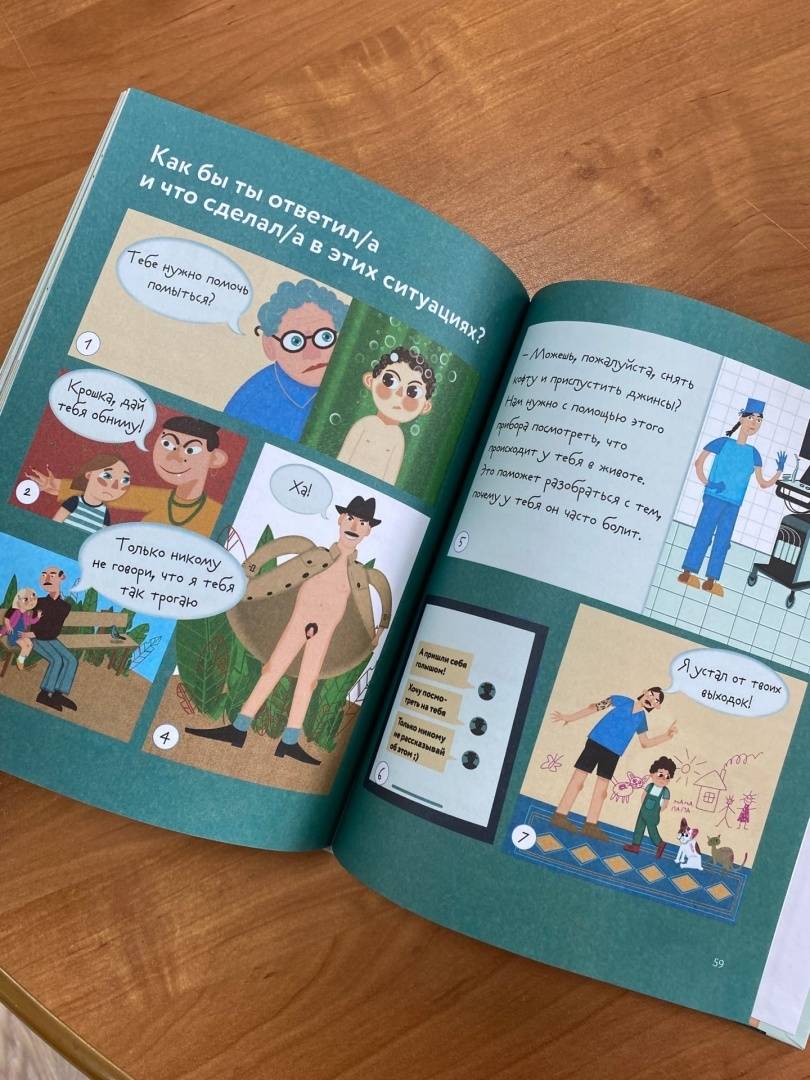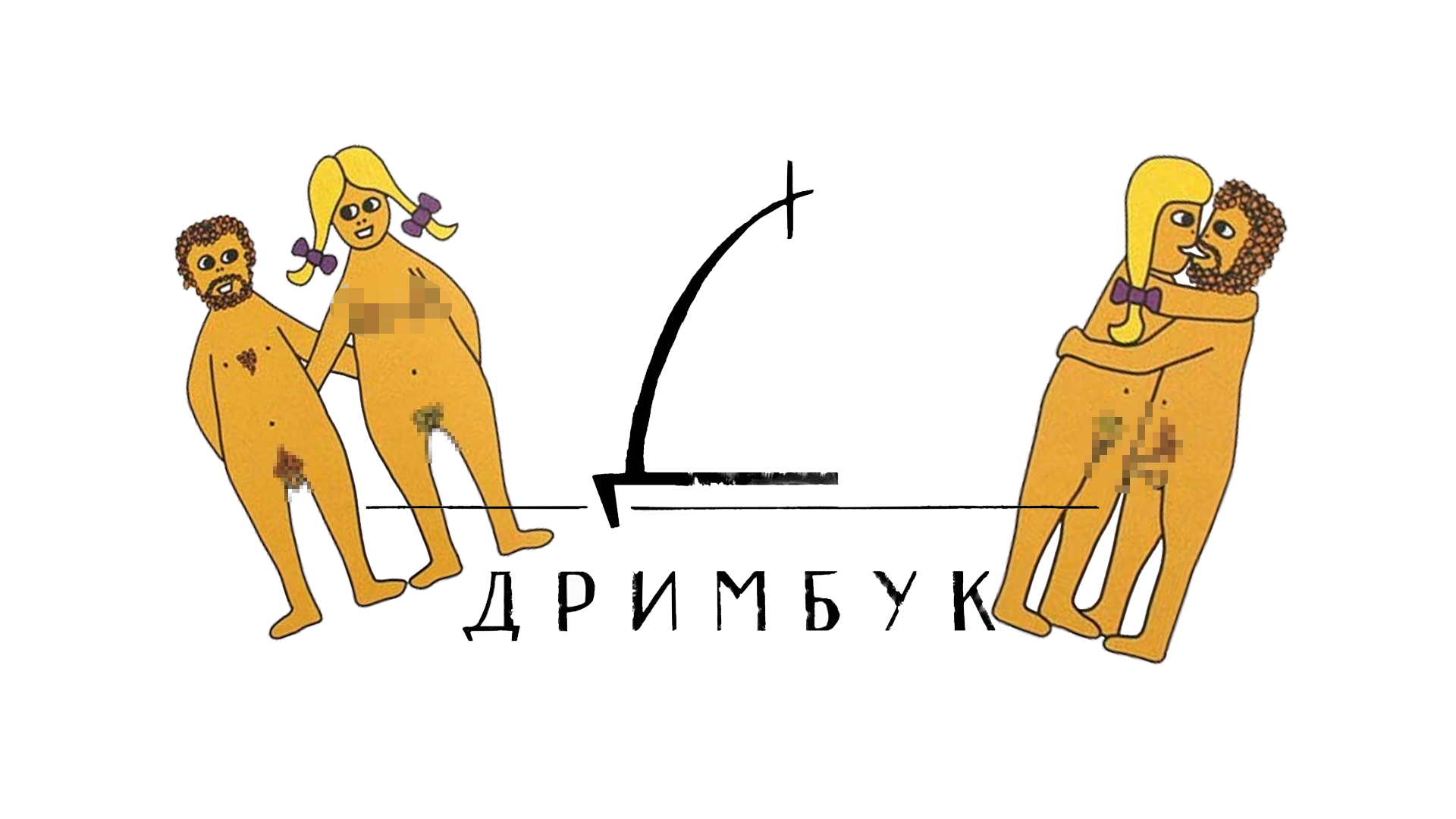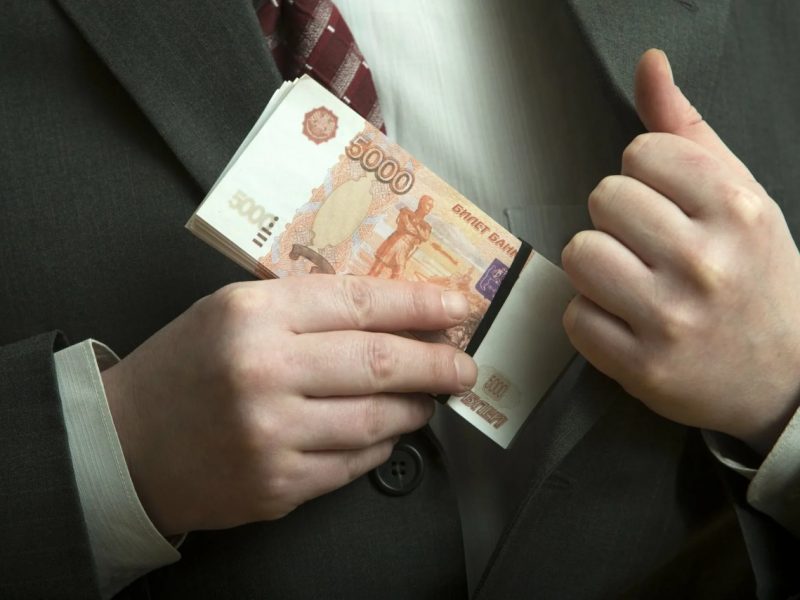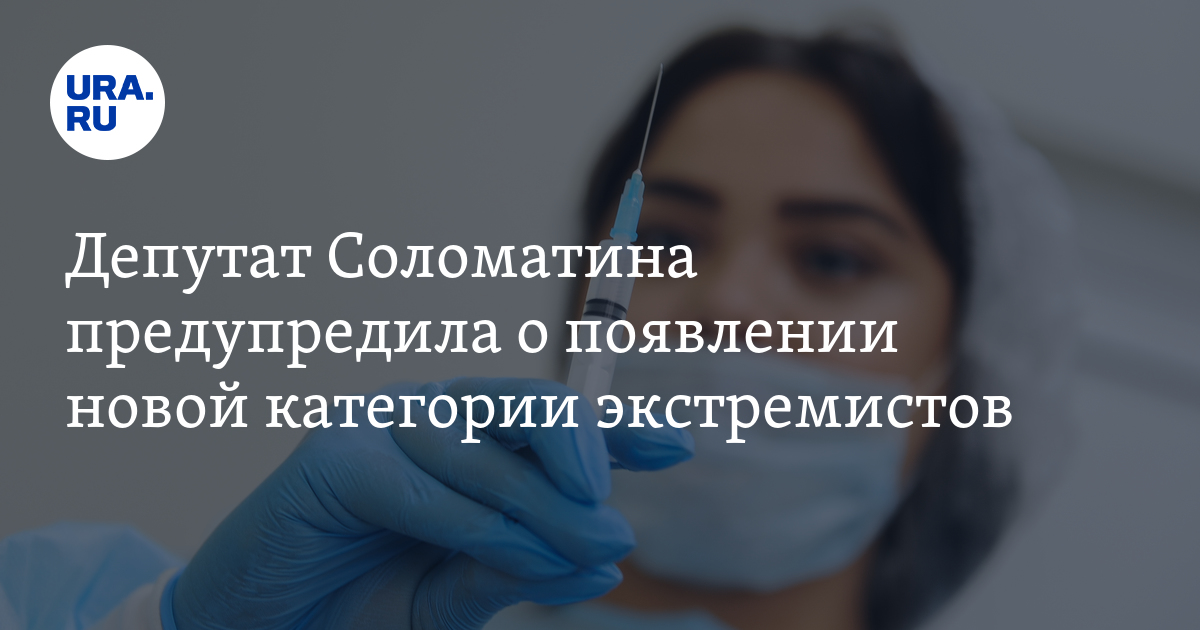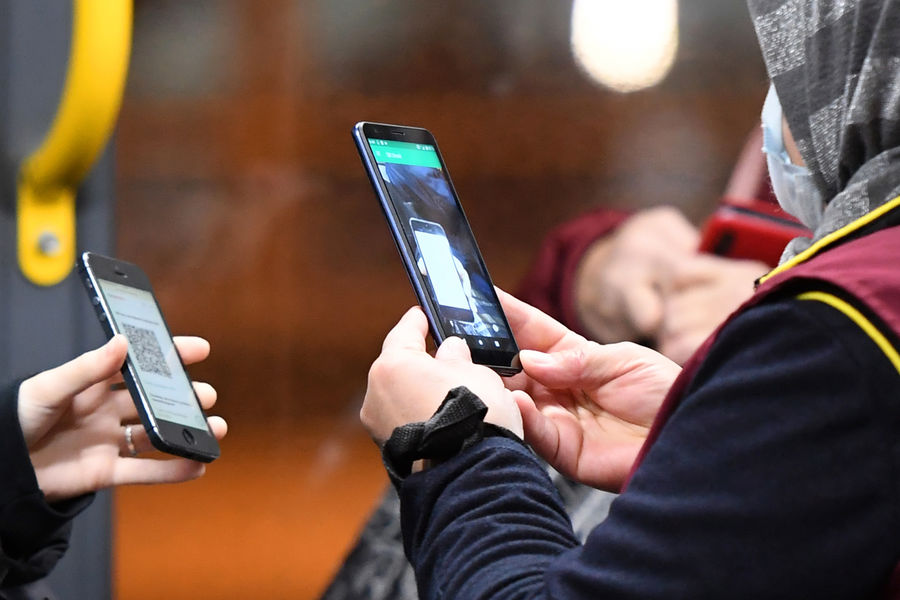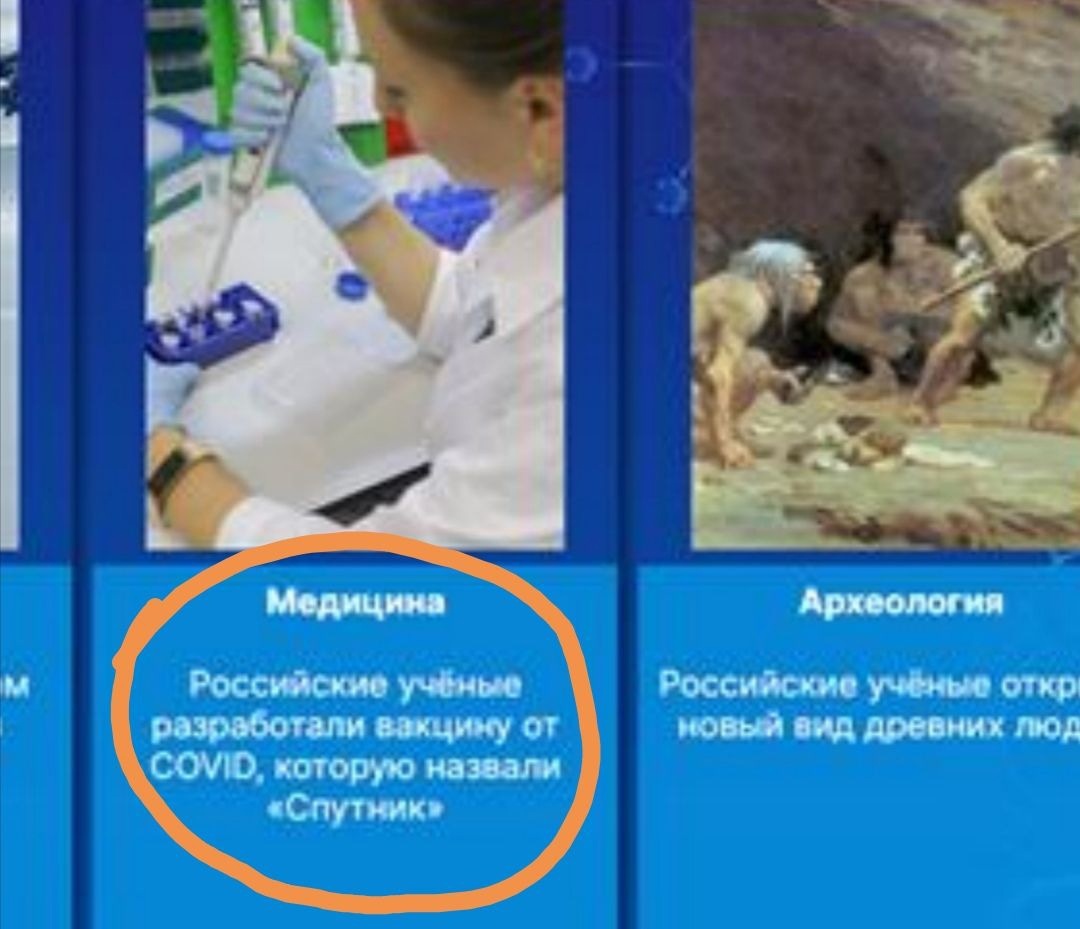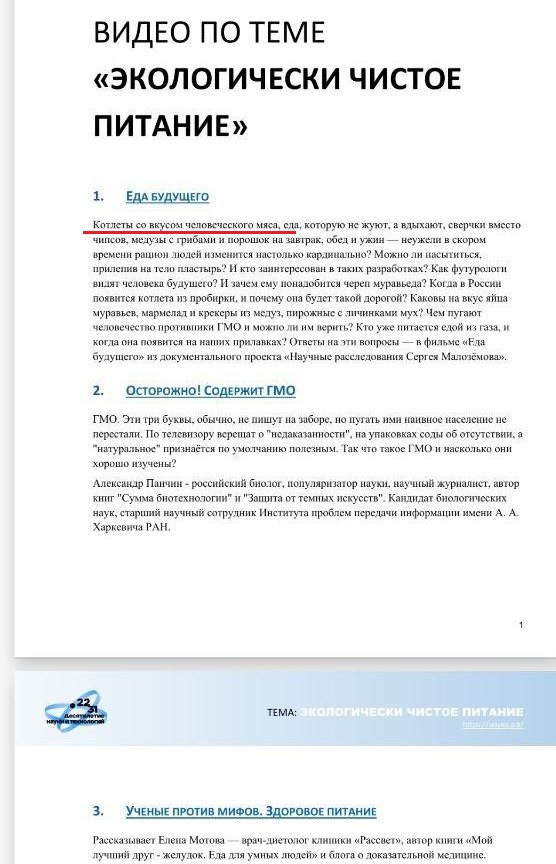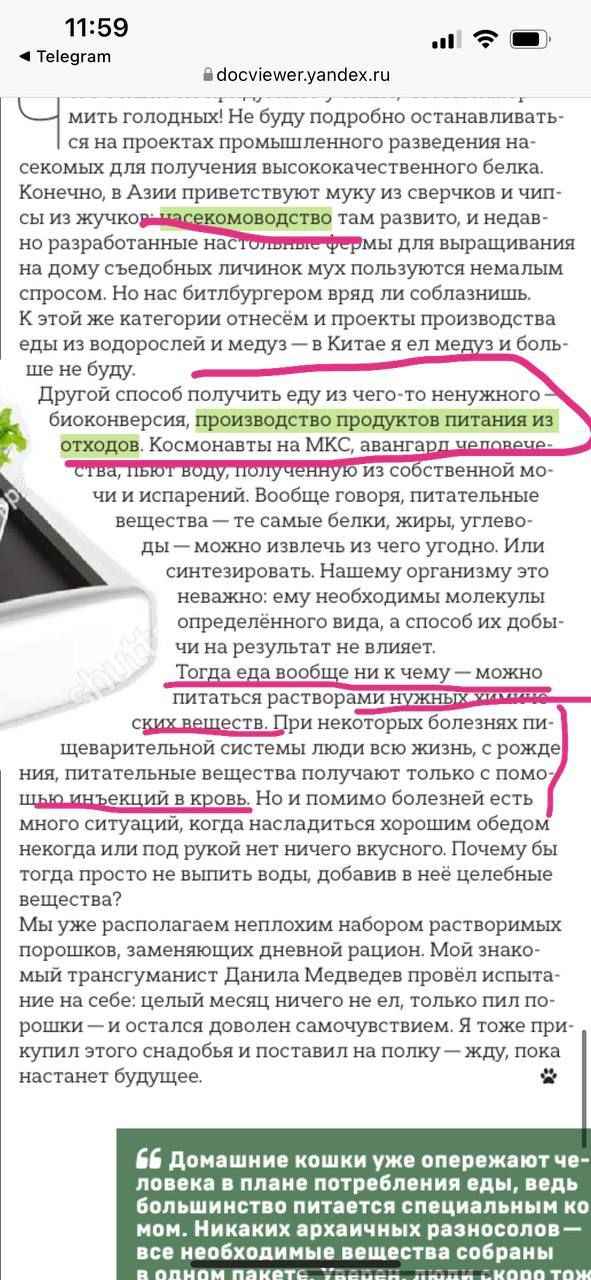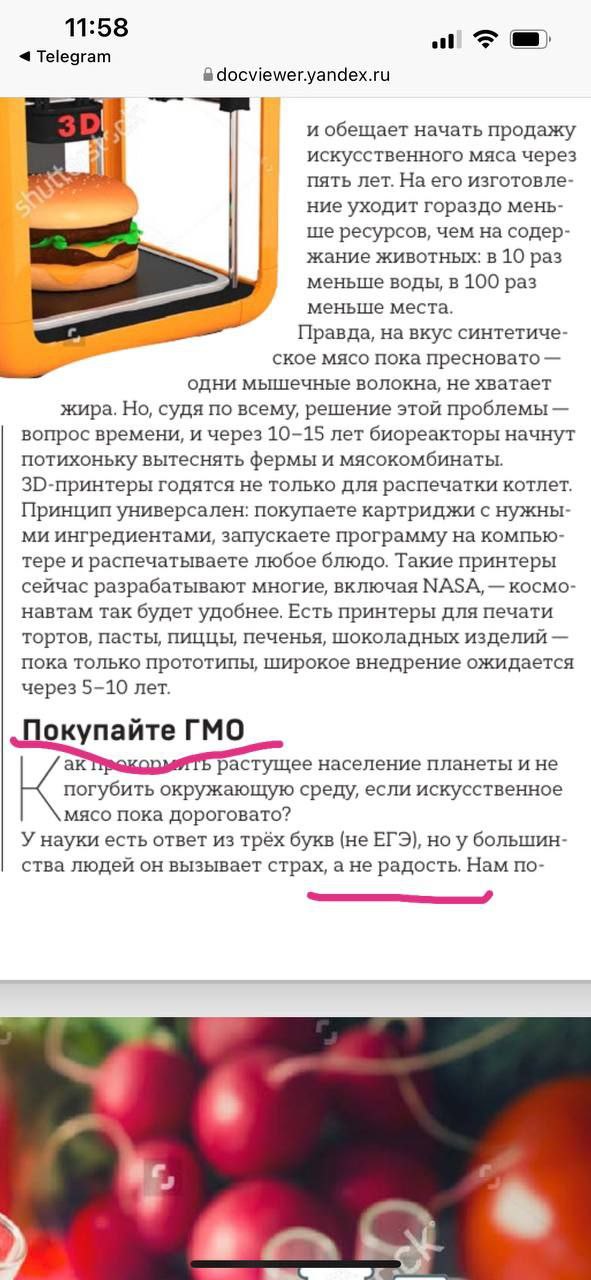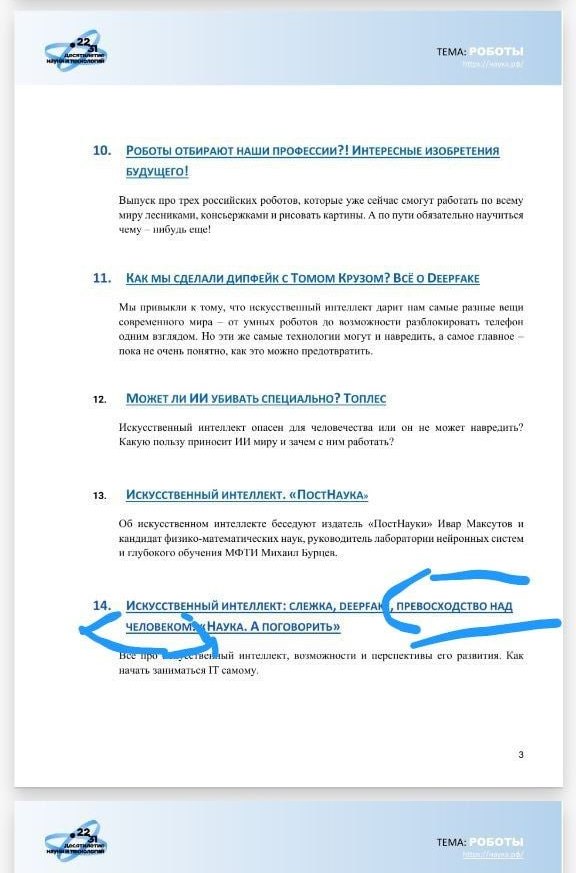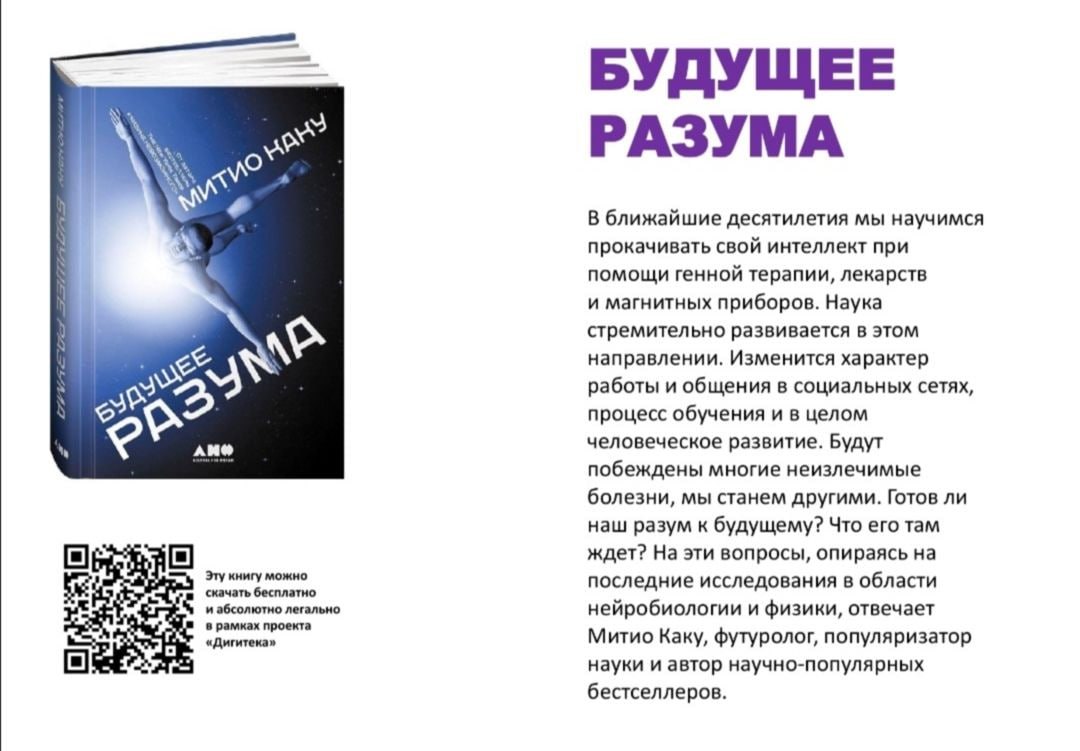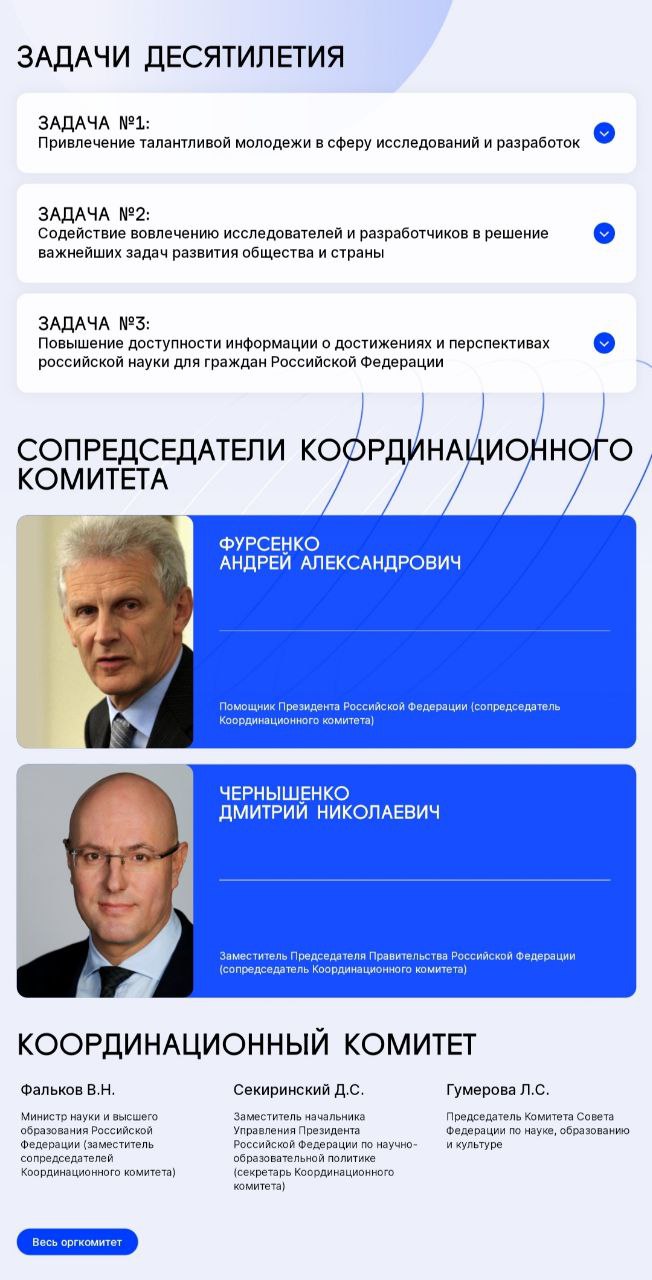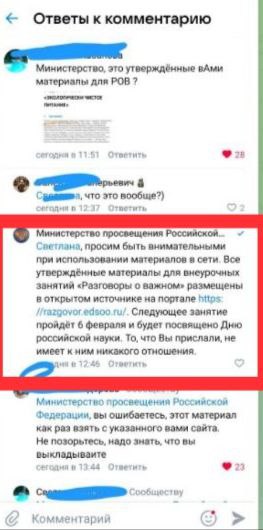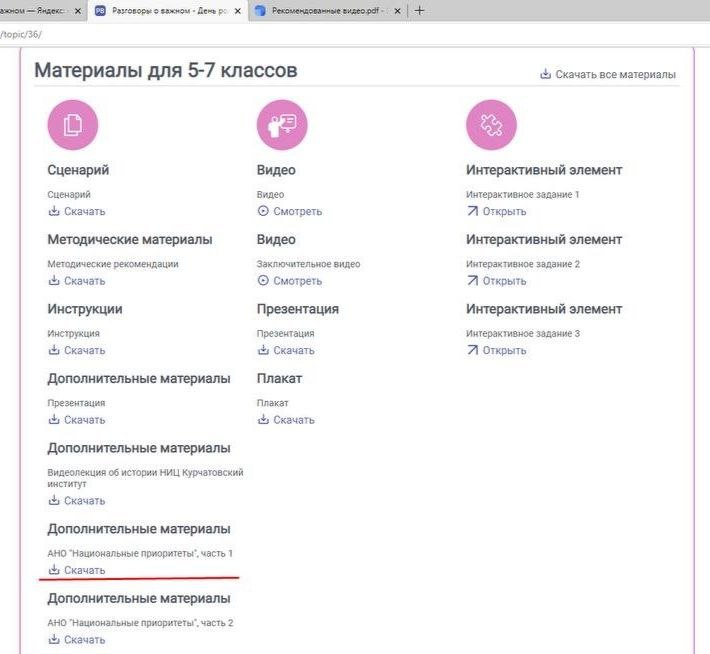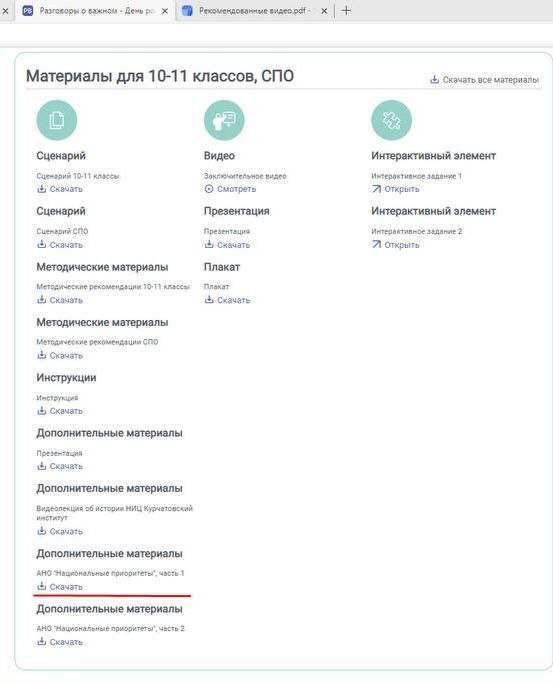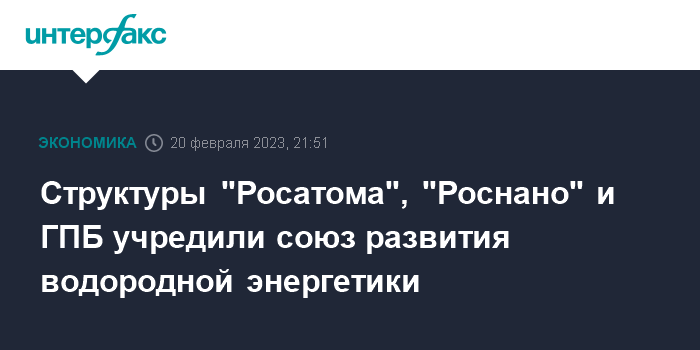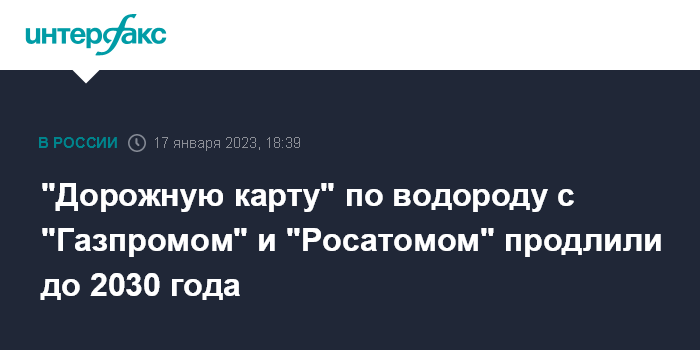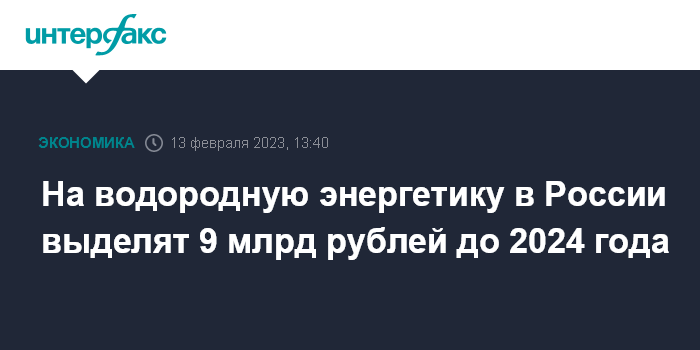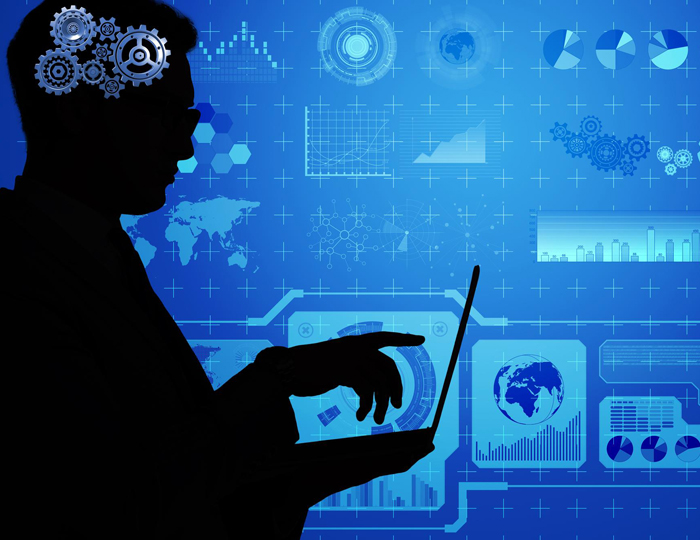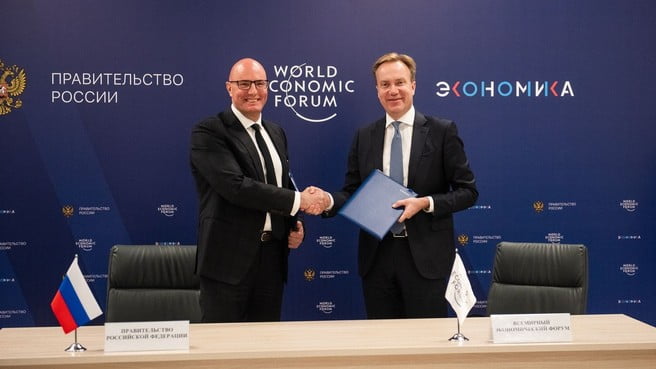Lalas
Star
- Joined
- Nov 8, 2022
- Messages
- 1,383
Public Commissioner for Family Protection (10.02.2023)
WHAT DID WE END UP WITH IN THE FINAL VERSION OF THE EBC LAW?
On December 29, 2022, the President signed Federal Law No. 572-FZ "On the identification and (or) Authentication of Individuals using Biometric Personal Data, on Amendments to Certain Legislative Acts of the Russian Federation and Invalidation of Certain Provisions of Legislative Acts of the Russian Federation". Thanks to public protests, many amendments were made to the original text. These include the following:
- "the provision by individuals of their biometric personal data for the purposes provided for by this Federal Law may not be mandatory" (Part 11 of Article 3);
- The refusal of an individual to undergo identification and (or) authentication using his biometric personal data cannot serve as a basis for refusing to provide him with state, municipal or other services, performing state, municipal functions, selling goods, performing works or refusing to accept service (Part 13 of Article 3);
- An individual, in person at a multifunctional center for the provision of state and municipal services, has the right to submit in writing to this multifunctional center a refusal to collect and post his biometric personal data for the purpose of identification and (or) authentication (Part 16 of Article 3).
When defending their rights, these norms should be referred to, but it is necessary to keep in mind a number of circumstances. Firstly, if desired, it is possible to create conditions when a person will be forced to voluntarily hand over his biometrics.
Secondly, attention should be paid to the wording of Part 11 of Article 3 of the Federal Law, according to which the delivery of biometrics cannot be mandatory only "for the purposes provided for by this Federal Law." The wording itself theoretically allows for the appearance of other goals, when the delivery of biometrics may be mandatory.
Thirdly, Part 13 of Article 3 of the Federal Law prohibits refusal to provide services when refusing to pass identification and (or) authentication using his biometric personal data, selling goods, etc., but nothing is said about the exercise of the labor function, which will be discussed below.
Fourth, it is necessary to pay attention to the fact that the norms designed to exclude coercion and discrimination in the event of a person's refusal to hand over his biometrics are not supported by any sanctions for their violation in the Federal Law. In art . 20 states that the operator of the unified biometric system, the operator of the regional segment of the unified biometric system, their officials bear administrative, civil and criminal responsibility in accordance with the legislation of the Russian Federation for violating the requirements of this Federal Law, however, this Federal Law does not propose any changes in terms of tightening administrative, civil and criminal liability for relevant offenses.
Each reader can assess how effectively the current legislation works in terms of personal data protection by comparing the number of publications about various leaks with the responsibility incurred by the perpetrators. Thus, all the prohibitions on coercion and discrimination proclaimed in this Federal Law are in the nature of good wishes, for the violation of which no, even purely symbolic responsibility is assumed. That such norms are wishes written down not even in the ordinary, but in the Basic Law of the country, i.e. Constitutions are easily violated at the right moment, as evidenced by a number of examples. This is also a pension reform that contradicts part 2 of Article 55 of the Constitution, according to which laws should not be issued in the Russian Federation that cancel or detract from the rights and freedoms of man and citizen. Let us also recall how, during the struggle against the "pandemic", the right to freedom of movement guaranteed by Article 27 of the Constitution was violated. As for Ch . 16 of Article 3 of the Federal Law, the form of refusal must be determined by the Government of the Russian Federation, which is obliged to do so under this law. Since Ch . 16 art . 3 comes into force on 01.06.2023, the question arises, why is there a six-month interval between the entry into force of this provision and most of the rest of the law? Isn't it in order to collect the maximum amount of biometric personal data in the EBS? Thus, most of the amendments are cosmetic in nature, designed to lull the public's attention.
At the same time, the key provisions of the Federal Law, against which the patriotic public protested in the first place, remained unchanged. These include:
- equating the identification and (or) authentication of an individual using a single biometric system to the verification of identity documents of such an individual, i.e., in fact, to a passport (part 1 of Article 11);
- introduction of biometrics at defense enterprises and other strategically important facilities (Article 13);
- introduction of biometrics in transport (Articles 13, 21-24);
- establishment of the obligation to transfer all previously collected biometric personal data to the EBS without obtaining the consent of the relevant personal data subject for placement and processing by the operator of the unified biometric system (Part 14 of Article 4 of the Federal Law) by September 30, 2023 (Part 2 of Article 26).
All this points to plans for the implementation of the EBS itself. This conclusion is also confirmed by Part 1 of Article 14 of the Federal Law, according to which the processing of biometric personal data for identification in cases "if such identification is necessary for the implementation of the powers of state bodies, local self-government bodies established by regulatory legal acts" and other organizations is carried out using a single biometric system. Equating biometrics with a passport creates the widest scope for fraudsters of all kinds, and its introduction in transport and strategic enterprises is simply a gift to our geopolitical enemies.
A number of other changes made to the final version further worsen this law. The number of features required for authentication is expanding, which automatically entails an increase in the amount of information collected about a particular person. It follows from the text of the amendments that the EBS is planned to be used not only within the framework of this draft law, if it is adopted, but also "in other legal relations in cases established by the legislation of the Russian Federation." A Coordinating Council for the development of digital identification and authentication technologies based on biometric personal data is being created, which becomes a permanent body. The vector of the unified biometric system is removed from the scope of not only the provisions of Article 11 of Federal Law No. 152-FZ of July 27, 2006 "On Personal Data", which was also in the first edition, but it will no longer be subject to measures to ensure the security of biometric personal data during their processing, established in accordance with with Article 19 of the same Federal Law.
Despite the fact that Patriarch Kirill of Moscow and All Russia insisted on "a complete ban on the collection of biometric data of children," the authors of the amendments added a new Part 19 of Article 3 to the PFZ, which provides not only for the refusal to collect and post biometric personal data of minors, but also at the same time legitimizing the fundamental possibility of obtaining consent to the processing of biometric personal data of minors from their legal representatives. Since it is well known by what methods such voluntary and compulsory consents are obtained, there is no doubt that the authors of the PFZ decided to include biometric personal data of minors in the EBS. Part 20 of Article 3 of the PFZ provides for the possibility of requiring citizens to use biometrics and some additional authentication of an individual. One can only guess what methods they will install for this, but theoretically nothing will prevent them from returning to their previously favorite idea of chipping. According to part 4 of art . 3 FZ two types of biometric personal data are placed and processed in a single biometric system: an image of a person's face and a recording of a person's voice. At the same time, it should be borne in mind that from 01.09.2024 the provisions of Part 4 of Article 3 do not apply and the Law applies to the types of data defined by the Government of the Russian Federation (Part 9 of Article 26). Since it is the Government that is strenuously promoting the digitalization of all forms of life, it is possible that after this period the list of biometric personal data included in the EBS may be expanded.
The adopted law should also be considered in conjunction with other changes that are planned to be introduced into legislation. The State Duma recently introduced a bill on the digital ruble, which is another step towards the creation of an electronic digital concentration camp, as well as on 25.01.2023. It adopted in the third reading Bill No. 1048800-7 "On Amendments to Certain Legislative Acts of the Russian Federation on State genomic registration (in terms of expanding the list of persons subject to mandatory state genomic registration)" and sent it to the Federation Council. It is easy to see that these are all elements of a single system of total control over people. Each of them is not mandatory yet, but after their creation and final integration, the situation may change dramatically.""
WHAT DID WE END UP WITH IN THE FINAL VERSION OF THE EBC LAW?
On December 29, 2022, the President signed Federal Law No. 572-FZ "On the identification and (or) Authentication of Individuals using Biometric Personal Data, on Amendments to Certain Legislative Acts of the Russian Federation and Invalidation of Certain Provisions of Legislative Acts of the Russian Federation". Thanks to public protests, many amendments were made to the original text. These include the following:
- "the provision by individuals of their biometric personal data for the purposes provided for by this Federal Law may not be mandatory" (Part 11 of Article 3);
- The refusal of an individual to undergo identification and (or) authentication using his biometric personal data cannot serve as a basis for refusing to provide him with state, municipal or other services, performing state, municipal functions, selling goods, performing works or refusing to accept service (Part 13 of Article 3);
- An individual, in person at a multifunctional center for the provision of state and municipal services, has the right to submit in writing to this multifunctional center a refusal to collect and post his biometric personal data for the purpose of identification and (or) authentication (Part 16 of Article 3).
When defending their rights, these norms should be referred to, but it is necessary to keep in mind a number of circumstances. Firstly, if desired, it is possible to create conditions when a person will be forced to voluntarily hand over his biometrics.
Secondly, attention should be paid to the wording of Part 11 of Article 3 of the Federal Law, according to which the delivery of biometrics cannot be mandatory only "for the purposes provided for by this Federal Law." The wording itself theoretically allows for the appearance of other goals, when the delivery of biometrics may be mandatory.
Thirdly, Part 13 of Article 3 of the Federal Law prohibits refusal to provide services when refusing to pass identification and (or) authentication using his biometric personal data, selling goods, etc., but nothing is said about the exercise of the labor function, which will be discussed below.
Fourth, it is necessary to pay attention to the fact that the norms designed to exclude coercion and discrimination in the event of a person's refusal to hand over his biometrics are not supported by any sanctions for their violation in the Federal Law. In art . 20 states that the operator of the unified biometric system, the operator of the regional segment of the unified biometric system, their officials bear administrative, civil and criminal responsibility in accordance with the legislation of the Russian Federation for violating the requirements of this Federal Law, however, this Federal Law does not propose any changes in terms of tightening administrative, civil and criminal liability for relevant offenses.
Each reader can assess how effectively the current legislation works in terms of personal data protection by comparing the number of publications about various leaks with the responsibility incurred by the perpetrators. Thus, all the prohibitions on coercion and discrimination proclaimed in this Federal Law are in the nature of good wishes, for the violation of which no, even purely symbolic responsibility is assumed. That such norms are wishes written down not even in the ordinary, but in the Basic Law of the country, i.e. Constitutions are easily violated at the right moment, as evidenced by a number of examples. This is also a pension reform that contradicts part 2 of Article 55 of the Constitution, according to which laws should not be issued in the Russian Federation that cancel or detract from the rights and freedoms of man and citizen. Let us also recall how, during the struggle against the "pandemic", the right to freedom of movement guaranteed by Article 27 of the Constitution was violated. As for Ch . 16 of Article 3 of the Federal Law, the form of refusal must be determined by the Government of the Russian Federation, which is obliged to do so under this law. Since Ch . 16 art . 3 comes into force on 01.06.2023, the question arises, why is there a six-month interval between the entry into force of this provision and most of the rest of the law? Isn't it in order to collect the maximum amount of biometric personal data in the EBS? Thus, most of the amendments are cosmetic in nature, designed to lull the public's attention.
At the same time, the key provisions of the Federal Law, against which the patriotic public protested in the first place, remained unchanged. These include:
- equating the identification and (or) authentication of an individual using a single biometric system to the verification of identity documents of such an individual, i.e., in fact, to a passport (part 1 of Article 11);
- introduction of biometrics at defense enterprises and other strategically important facilities (Article 13);
- introduction of biometrics in transport (Articles 13, 21-24);
- establishment of the obligation to transfer all previously collected biometric personal data to the EBS without obtaining the consent of the relevant personal data subject for placement and processing by the operator of the unified biometric system (Part 14 of Article 4 of the Federal Law) by September 30, 2023 (Part 2 of Article 26).
All this points to plans for the implementation of the EBS itself. This conclusion is also confirmed by Part 1 of Article 14 of the Federal Law, according to which the processing of biometric personal data for identification in cases "if such identification is necessary for the implementation of the powers of state bodies, local self-government bodies established by regulatory legal acts" and other organizations is carried out using a single biometric system. Equating biometrics with a passport creates the widest scope for fraudsters of all kinds, and its introduction in transport and strategic enterprises is simply a gift to our geopolitical enemies.
A number of other changes made to the final version further worsen this law. The number of features required for authentication is expanding, which automatically entails an increase in the amount of information collected about a particular person. It follows from the text of the amendments that the EBS is planned to be used not only within the framework of this draft law, if it is adopted, but also "in other legal relations in cases established by the legislation of the Russian Federation." A Coordinating Council for the development of digital identification and authentication technologies based on biometric personal data is being created, which becomes a permanent body. The vector of the unified biometric system is removed from the scope of not only the provisions of Article 11 of Federal Law No. 152-FZ of July 27, 2006 "On Personal Data", which was also in the first edition, but it will no longer be subject to measures to ensure the security of biometric personal data during their processing, established in accordance with with Article 19 of the same Federal Law.
Despite the fact that Patriarch Kirill of Moscow and All Russia insisted on "a complete ban on the collection of biometric data of children," the authors of the amendments added a new Part 19 of Article 3 to the PFZ, which provides not only for the refusal to collect and post biometric personal data of minors, but also at the same time legitimizing the fundamental possibility of obtaining consent to the processing of biometric personal data of minors from their legal representatives. Since it is well known by what methods such voluntary and compulsory consents are obtained, there is no doubt that the authors of the PFZ decided to include biometric personal data of minors in the EBS. Part 20 of Article 3 of the PFZ provides for the possibility of requiring citizens to use biometrics and some additional authentication of an individual. One can only guess what methods they will install for this, but theoretically nothing will prevent them from returning to their previously favorite idea of chipping. According to part 4 of art . 3 FZ two types of biometric personal data are placed and processed in a single biometric system: an image of a person's face and a recording of a person's voice. At the same time, it should be borne in mind that from 01.09.2024 the provisions of Part 4 of Article 3 do not apply and the Law applies to the types of data defined by the Government of the Russian Federation (Part 9 of Article 26). Since it is the Government that is strenuously promoting the digitalization of all forms of life, it is possible that after this period the list of biometric personal data included in the EBS may be expanded.
The adopted law should also be considered in conjunction with other changes that are planned to be introduced into legislation. The State Duma recently introduced a bill on the digital ruble, which is another step towards the creation of an electronic digital concentration camp, as well as on 25.01.2023. It adopted in the third reading Bill No. 1048800-7 "On Amendments to Certain Legislative Acts of the Russian Federation on State genomic registration (in terms of expanding the list of persons subject to mandatory state genomic registration)" and sent it to the Federation Council. It is easy to see that these are all elements of a single system of total control over people. Each of them is not mandatory yet, but after their creation and final integration, the situation may change dramatically.""


